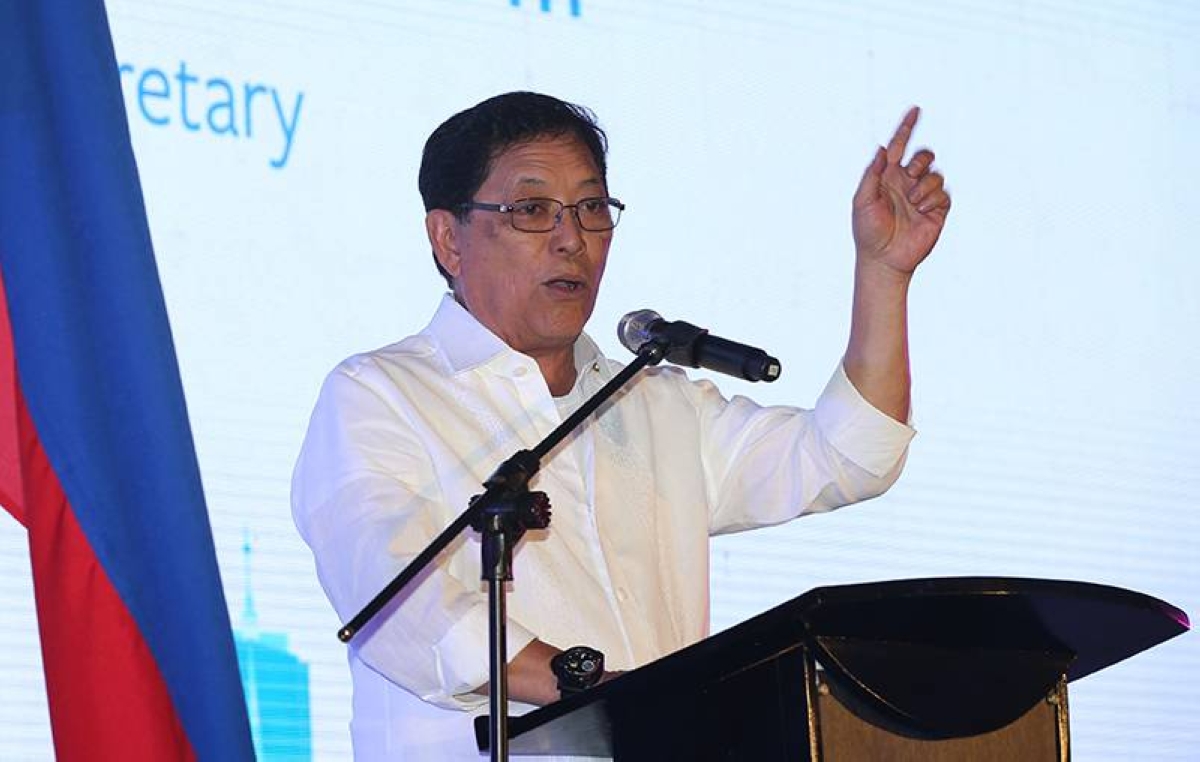The Manila Economic and Cultural Office (MECO) has recently introduced a groundbreaking initiative in Taiwan – a free training program in organic farming for overseas Filipino workers (OFWs), immigrants, and students. This program, the first of its kind for Filipinos in Taiwan, aligns with the Marcos administration’s vision to enhance local agricultural production in the Philippines.
MECO Chairman Silvestre Bello 3rd emphasized the significance of equipping OFWs, Filipino immigrants, and students in Taiwan with modern organic farming skills that they can utilize upon their return to the Philippines. Bello stated, “We have introduced a program to equip our OFWs, as well as our Filipino immigrants and students in Taiwan, with skills in modern organic farming so that they may use them when they return to the Philippines.”
Taiwan is home to a substantial number of Filipino migrant workers, with over 150,000 individuals, excluding students and immigrants. Additionally, many Filipino students in Taiwan participate in the work-study program under Taiwan’s Academe-Industry Collaboration Program of the New Southbound Policy. This program enables students to engage in internships with industrial and semiconductor companies, providing them with valuable experience and potential employment opportunities upon graduation.
Bello expressed his hope that this initiative would contribute to the growth of domestic food production and improve the lives of OFWs, immigrants, and students upon their return to the Philippines. He added, “The learning they will obtain will provide them the opportunity for an alternative livelihood that has the potential for agri-business, especially for those who are going home for good.”
The inaugural group of trainees, consisting of 15 OFWs and nine Filipino immigrants and students, recently completed a two-day experiential training program on a farm in Kaohsiung City. This training offered a hands-on and immersive experience in agriculture education, entrepreneurship, and the latest farming technologies.
By providing Filipino workers and students in Taiwan with the necessary skills and knowledge in organic farming, MECO aims to empower them to contribute to the agricultural sector in the Philippines. This initiative not only supports the government’s efforts to boost local agricultural production but also presents opportunities for OFWs, immigrants, and students to explore alternative livelihoods and potentially engage in agri-business ventures.
The training program serves as a stepping stone towards sustainable agricultural practices and economic growth in the Philippines. It equips participants with the tools and expertise needed to cultivate organic crops, promote environmental sustainability, and maximize crop yield. Additionally, it fosters a sense of empowerment among OFWs, immigrants, and students by providing them with valuable skills that can enhance their future prospects.
MECO’s commitment to supporting the Filipino community in Taiwan extends beyond this training program. The organization continues to work tirelessly to address the needs and concerns of OFWs, immigrants, and students, ensuring their welfare and promoting their overall well-being.
In conclusion, the introduction of the free training program in organic farming by MECO in Taiwan marks a significant milestone for the Filipino community. By equipping OFWs, immigrants, and students with skills in modern organic farming, MECO aims to foster sustainable agricultural practices, enhance local food production, and provide alternative livelihood opportunities. This initiative not only benefits the individuals involved but also contributes to the overall economic growth and development of the Philippines.
Source: The Manila Times








